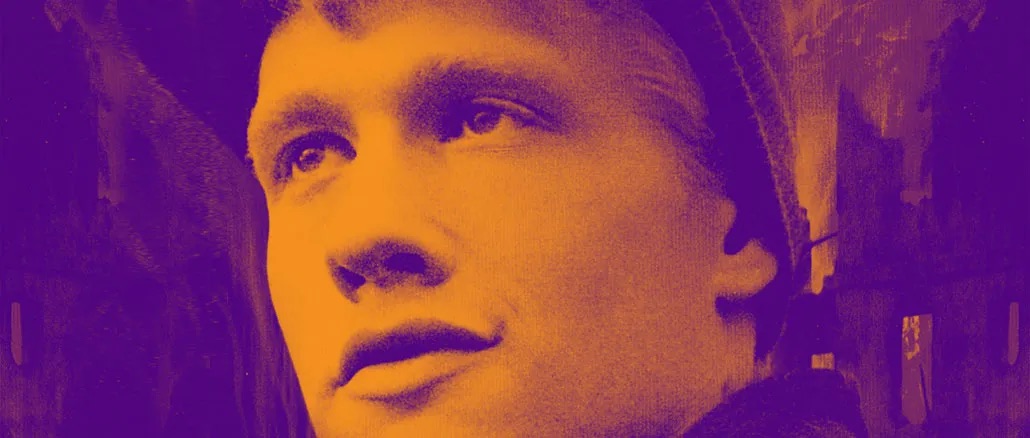Jeffrey’s Cinema #25

Jeffrey’s Cinema is back!
This time with:
SLAUGHTERHOUSE FIVE (1972)
Directed by George Roy Hill
104 minutes
In English
‘Based on American writer Kurt Vonneget’s classic surreal novel Slaughterhouse-Five; or, The Children’s Crusade: A Duty-Dance with Death, that was in turn largely based on real events in the author’s own life – most specifically his experiences at the end of WWII when he was stationed in Dresden, Germany. There Vonneget witnessed the fire-bombing of the civilians by the American and British armed forces, and what he saw made him an anti-war advocate for life, feeling there was nothing that could justify such an atrocity. It made what happened in Hiroshima look like a picnic.
First off, I have to say the original novel is simply impossible to make a movie from, and yet on so many levels this flick manages to somehow succeed. There is a straight story charting the life of our main character, but it’s also a science-fiction journey about parallel worlds. The film itself smashes all chronology… time is utterly shattered. Instead of a normal straightforward sequence of events, free-floating emotional associations are used to patch everything together. We are in the mind of our central character Billy Pilgrim, who explains he has become ‘unstuck in time’, perhaps because his mind was broken by the brutal inhumanity of what he witnessed in Desden.
It is sharply edited, flickering back and forth between imagination and reality, covering different points of time in Billy’s life – not only reaching back to the past but also forward to his future. Vonneget’s tale has two main qualities – it is a social commentary about war, but it is also an exercise in free-spirited imagination. It touches on loads of themes along its strange path… a mashup of war, PTSD, imperialism, alien abduction, sexual fantasy and time-travel.
Once again, only in the 1970s would a mainstream director be allowed to be so radical and experimental. The director George Roy Hill had just made a hit movie, so the studio gave him card blanche to make whatever he wanted next. At this moment in history, the studios no longer had any idea what the new ‘hippie’ generation was attracted to, so they just let the director free to make such a wild, twisted, otherworldly flick. In the end, Kurt Vonneget praised the film and thanked the director for making a movie so close to his vision. Also interesting, the music score was composed by the renowned eccentric Canadian pianist Glenn Gould.’
Jeffrey Babcock
This will be a high-definition screening.